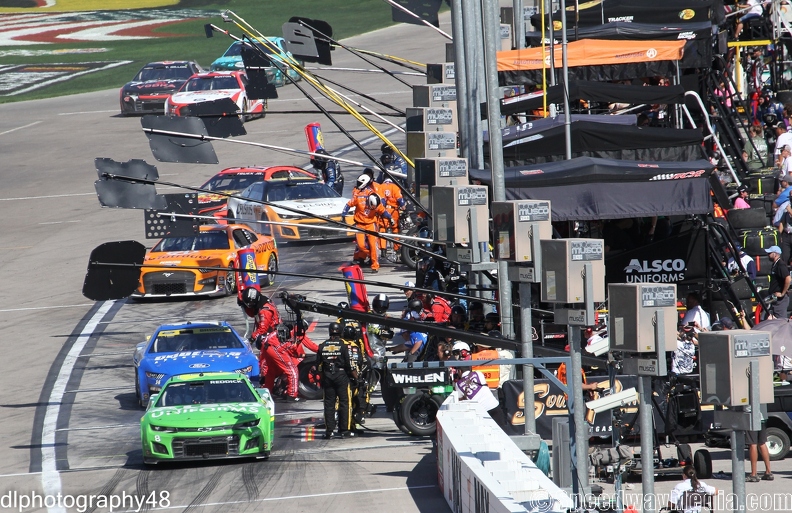Drunk driving remains to be a major risk to all motorists. According to the National Highway Traffic Safety Administration, about 32 people in the United States die each day due to drunk-driving accidents.
In most states, you could get up to 10 years of jail time or even more if you caused the death of another motorist or pedestrian. Not all motorists get fair treatment under the law when they are pulled over for allegedly driving under the influence. When that happens, one false move can put them in legal trouble, even if they didn’t drink before and while driving.
If you are being pulled over by traffic enforcers on the suspicion that you are driving drunk, it pays to know what to do to avoid prosecution. Here’s a guide to help you steer clear of costly penalties.
1. Don’t get on the bad side of the police
If you are ordered to pull over by a traffic enforcer, it’s because they notice something in your driving that could qualify as a DUI. The worst thing you can do is to speed up and make sudden turns. These will only signal the officer that you are evading arrest, so stay calm and pull over slowly near a safe space along the road. Keep in mind that the officer has a dashcam installed on their cruiser and every move you make is recorded. Any suspicious movements are captured by the camera and will be used against you in court.
2. Keep your cool
Traffic enforcers follow a set of procedures in dealing with possible DUI cases. These procedures are meant to prevent altercations and possible cases of overreach since the interior of your vehicle is an extension of your private property, so any request for a search should be sanctioned by a court.
However, police officers may still act aggressively if they know their life is in danger. You can do your part in preventing unwanted altercations by letting the officers know you don’t want any trouble. At this point, the best you can do is to place your hands where the officer can see them. You should also refrain from making any sudden movements and refusing to provide your name, insurance information, and other details.
3. Refuse a field sobriety and breathalyzer test
Some motorists think that a sobriety and breathalyzer test is required to escape a potential felony. This is not at all true because you have the right to refuse in many states. You could be delirious because of the medication you are taking or because of environmental factors. Breathalyzer tests are also inaccurate since the results could vary depending on the temperature of the surroundings. Your best bet is to undergo a blood alcohol test which is more reliable compared to a handheld breathalyzer.
4. Refuse to directly speak with the police
Once you are cuffed and read your Miranda rights, you may need to invoke your right to stay silent until you can talk to an attorney. In some cases, the arresting officers may ask self-incriminating questions to prove your DUI. Your best option is to refuse to answer such questions and unknowingly put your legal defense at risk. And, it’s crucial to get in touch with a lawyer to help fight for drivers rights as soon as possible. They can provide the guidance you need during this challenging time.
When choosing legal representation, it helps to work with someone who understands both sides of the courtroom. Many of the strongest DWI defense attorneys are former prosecutors, and in fact, former prosecuters are top DWI lawyers because their experience gives them unique insight into how DUI cases are built and how to craft a strong defense.
5. Look for a defense attorney
Whether you think your arrest is unlawful or not, it’s always important to contact a DUI attorney who can help set up a proper defense. Such a legal expert should have a strong understanding of local drunk driving laws because these tend to vary from state to state. In Texas, for instance, a DUI and a DWI are treated separately, so you may need a lawyer for the specific offense you are arrested for. Under a DWI charge, you could spend a maximum of six months in jail and get your license suspended. Consider getting a Dallas or Fort Worth DWI lawyer even if it’s your first arrest.
6. To be sure, don’t drink and drive!
In any case, you can’t always lie your way out of a DUI. If you did consume alcohol prior to your arrest, then you will have to face the penalties. It takes a blood alcohol reading of 0.08% to qualify you for a DUI charge. That is equal to five drinks, so even if you consider this amount to be “light drinking,” that is still enough to get you convicted. Although you can get away with a reduced sentence, prevention is always the better way out.
If you or someone you know struggles to avoid drinking before driving, reaching out to an alcoholics anonymous hotline can provide immediate, confidential support and guidance. Accessing these resources early can help individuals develop healthier coping mechanisms, reducing the risk of repeat offenses and promoting long-term recovery.
Are you going on a long road trip this year? Follow this guide whenever police ask you to pull over for a possible DUI. By knowing what to do in such a scenario, you can spare yourself from legal trouble and get to where you need to be without hassle.







